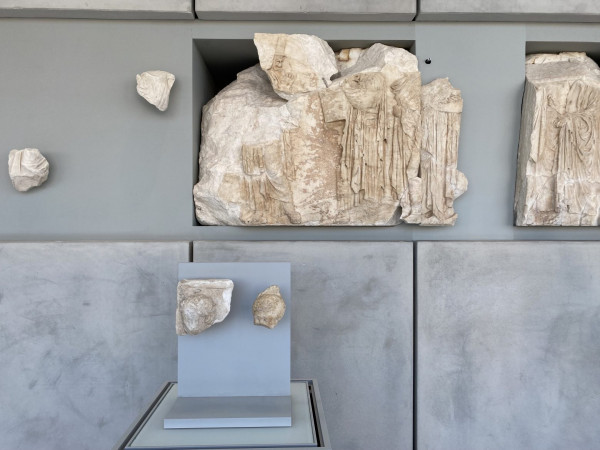
On a triple level, that is, government, museums and public opinion, Maximos Mansion (the PM’s office) intends to wage a veritable war for the reunification of the Parthenon Sculptures, investing more than ever in the momentum shaped by developments since last autumn, even if the issue is recognized as multifactorial, without automatic solutions and a long course ahead. The presence of Kyriakos Mitsotakis at the Acropolis Museum for the second time in a week on the occasion of the delivery of the “Fagan fragment” from Italy, not as a loan but for the first time with the deposit method, confirms the decision of Athens to call on London at every opportunity, maintaining the demand in the public sphere as a matter of “world culture”.
The information points to behind-the-scenes moves and Greek-British contacts in the near future, without, according to the same sources, ruling out an attempt for targeted campaigns aimed primarily at public opinion outside Greek borders. After all, one of the key points that paves the way for the search by the Greek government for more support from British society is the support that is already being recorded in the polls in the request for the repatriation of the Sculptures. And obviously the government’s pressure strategy is intensifying against the background of the latest UNESCO decision that directly favors intergovernmental dialogue. In other words, the aim is to feed in every way the dynamics that, according to the Prime Minister, are being structured for the prospect of repatriation of the Sculptures.
Mitsotakis’ message
That is why, after his recent statements to the British newspaper “The Telegraph” and his lively conversation with Boris Johnson last November, Mitsotakis again sent a message to Downing Street.
“When there is a willingness, there is a way,” he said, looking forward to a “constructive dialogue” between the British Museum and the Greek authorities. What the government is seeking is a settlement between the two sides (Museums and cultural authorities) a la Palermo, similar to the process that brought together the Acropolis Museum and the Antonino Salinas Museum for the “Fagan fragment” which is part of segment VI of the eastern frieze of the Parthenon. Speaking of a “mutually acceptable solution”, the Prime Minister described yesterday’s ceremony as an important step that “paves the way for other museums to be able to move in the same direction.”
The fragment (0.355 m high, 0.31 m wide and 0.105 m thick, in which the lower extremities of a goddess, probably Artemis, are depicted) will be exhibited in Athens for the next eight years, however the regional administration of Sicily seeks the historical relic to remain permanently in Greece, asking Rome for a legal settlement of the issue through the Code of Cultural Heritage.
Latest News

Trump Tower in Greece? Speculation Grows Over Potential Investment
In 2007, the Trump Organization explored the possibility of constructing a skyscraper complex and casino at the former Ellinikon Airport site in Athens
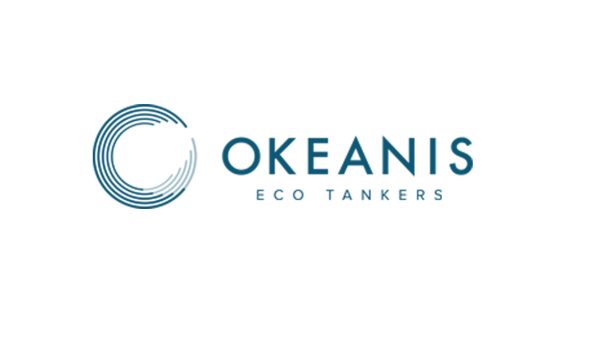
Was Aristidis Alafouzos, CEO of Okeanis Eco Tankers, cheering over extra earnings from carrying ‘sanctioned’ Russian oil?
Okeanis CEO Aristidis Alafouzos tried to give assurances that the company was not carrying sanctioned Russian oil - Recently published data point to the opposite

Tax Filing in Greece Surpasses Expectations
Taxpayers who submit their returns by April 30 will benefit from an increased tax discount of 4% if they opt for a lump-sum payment by July 31, 2025

Evangelos Marinakis: Proud of Diaspora Greeks, ‘Who’re All Together, United’
Marinakis, an Honorary Grand Marshal of the 86th Greek Independence Parade on Sunday, was touched by his contacts in New York City with members of the Greek-American community, where he spoke fondly of the Diaspora: ‘Twice as Greek, Twice over as Olympiacos fans'

Stirring 86th Greek Independence Day Parade Down 5th Ave. Evangelos Marinakis an Honorary Grand Marshal
According to NYPD sources, the 2025 parade is expected to be one of the biggest in recent memory, with some 120 groups with 52 floats and 15 marching bands paraded from 64th to 79th streets along renowned Fifth Avenue
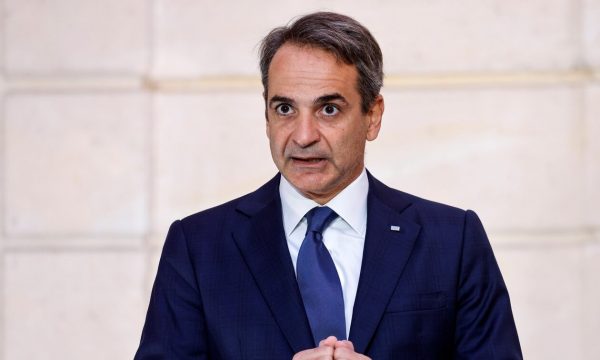
PM Mitsotakis Highlights Chevron’s Interest in Greek EEZ in Weekly Review
“The interest from Chevron is important because a leading American multinational chooses to invest in Greek maritime plots, thus practically recognizing Greece's EEZ in the area,” the prime minister said.

PM Mitsotakis Visits Israel for Talks on Defense, Energy, and Stability
According to sources, the meetings will cover bilateral collaboration as well as regional developments, particularly in the Eastern Mediterranean and Syria.

Pyatt stresses major Greek role in regional energy map, importance of ongoing Greek-Turkish talks
The former US Assistant Secretary of State foe Energy Resources passionately underlines importance of NATO and America's Global Alliances for US security

Applications for Child Benefit Open Again
The electronic platform for submitting Child Benefit applications, A21, will re-open at 08:00 on Monday, March 31, 2025.

Ellinikon Redevelopment Advances: Key Projects on Track
Spanning 17,000 square meters, the shopping center has already leased out 75% of its space, with an average rental price of 85 euros per square meter.










![Τουρκία: Μεγάλες βλέψεις για παραγωγή ηλεκτρικών οχημάτων [γράφημα]](https://www.ot.gr/wp-content/uploads/2025/03/ot_turkish_autos-90x90.png)



![Ξενοδοχεία: «Τσίμπησαν» οι τιμές το 2024 – Πόσο κόστισε η διανυκτέρευση [πίνακας]](https://www.ot.gr/wp-content/uploads/2025/03/hotels-90x90.jpg)







![ΕΛΣΤΑΤ: Αυξήθηκε η οικοδομική δραστηριότητα κατά 15,6% το Δεκέμβριο [πίνακες]](https://www.ot.gr/wp-content/uploads/2025/03/DSC9655-2-1024x569-1-90x90.jpg)



![Γραφεία: Σημαντική αύξηση των ενοικίων στην Αθήνα – Οι τιμές ανά περιοχή [γραφήματα]](https://www.ot.gr/wp-content/uploads/2025/03/31_03_ot_GRafeia1_EXO-600x352.png)




![Ευρώπη: Στις 760.000 θα ανέλθουν οι νέες θέσεις εργασίας με την αύξηση των δαπανών για την άμυνα [γράφημα]](https://www.ot.gr/wp-content/uploads/2025/03/photo_2025-03-05_13-28-51-1-1024x600-1-600x352.jpg)
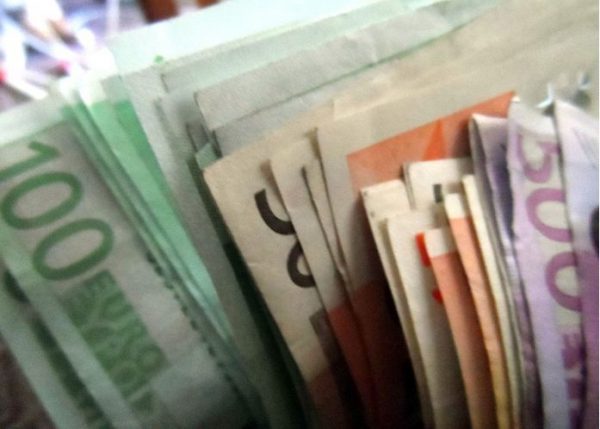


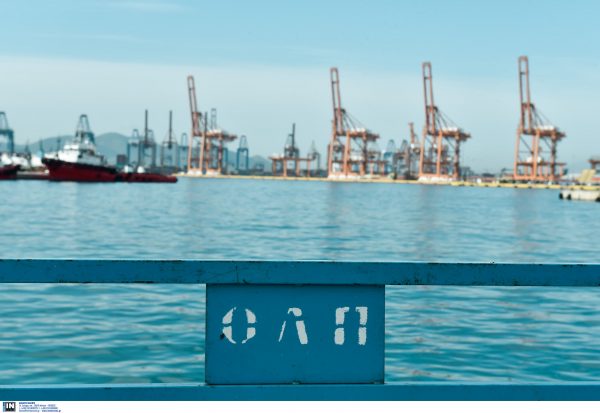





 Αριθμός Πιστοποίησης
Αριθμός Πιστοποίησης